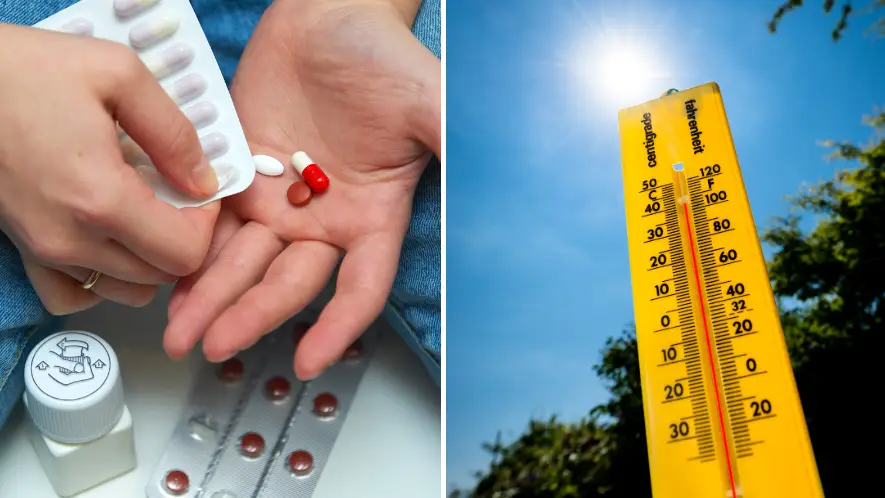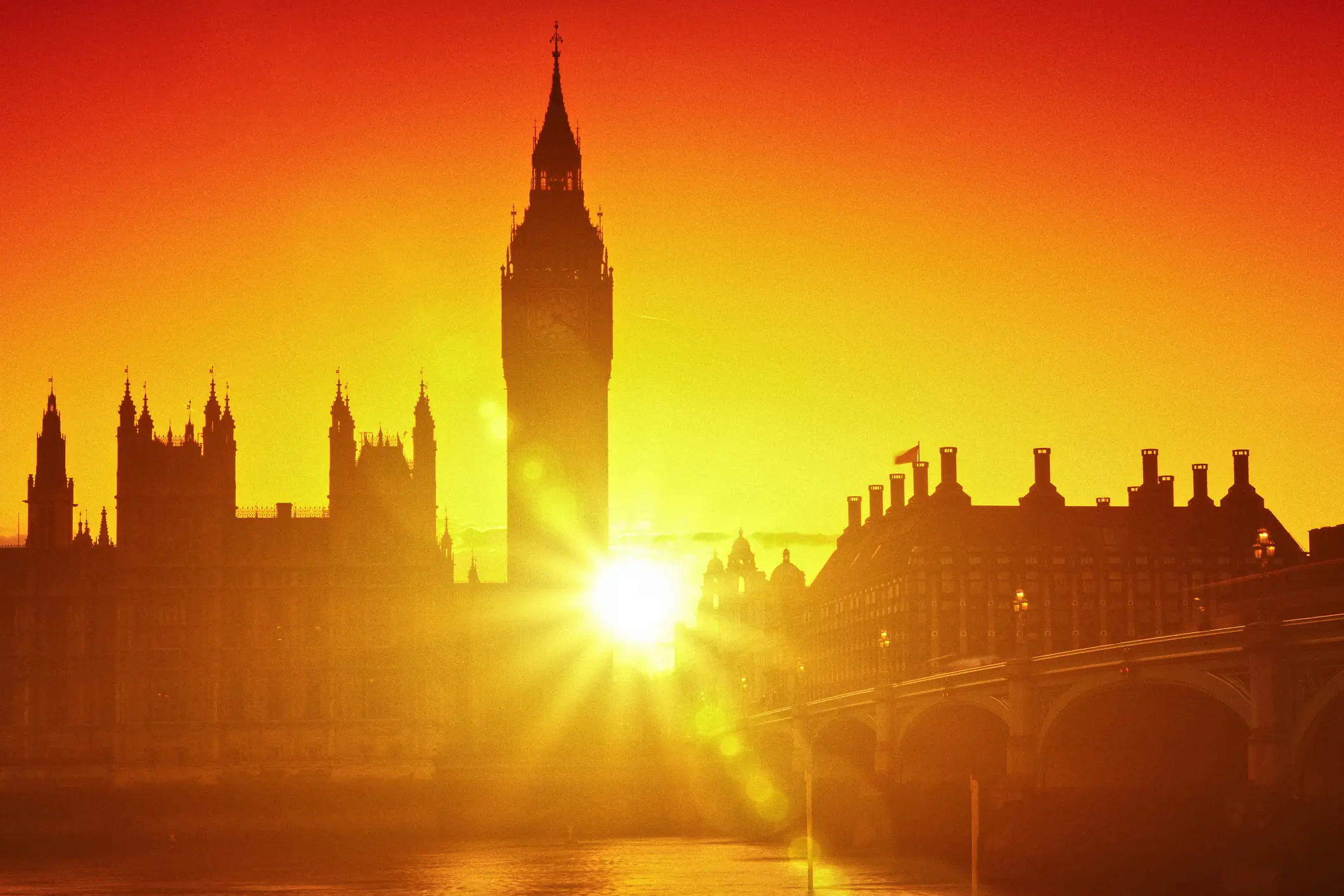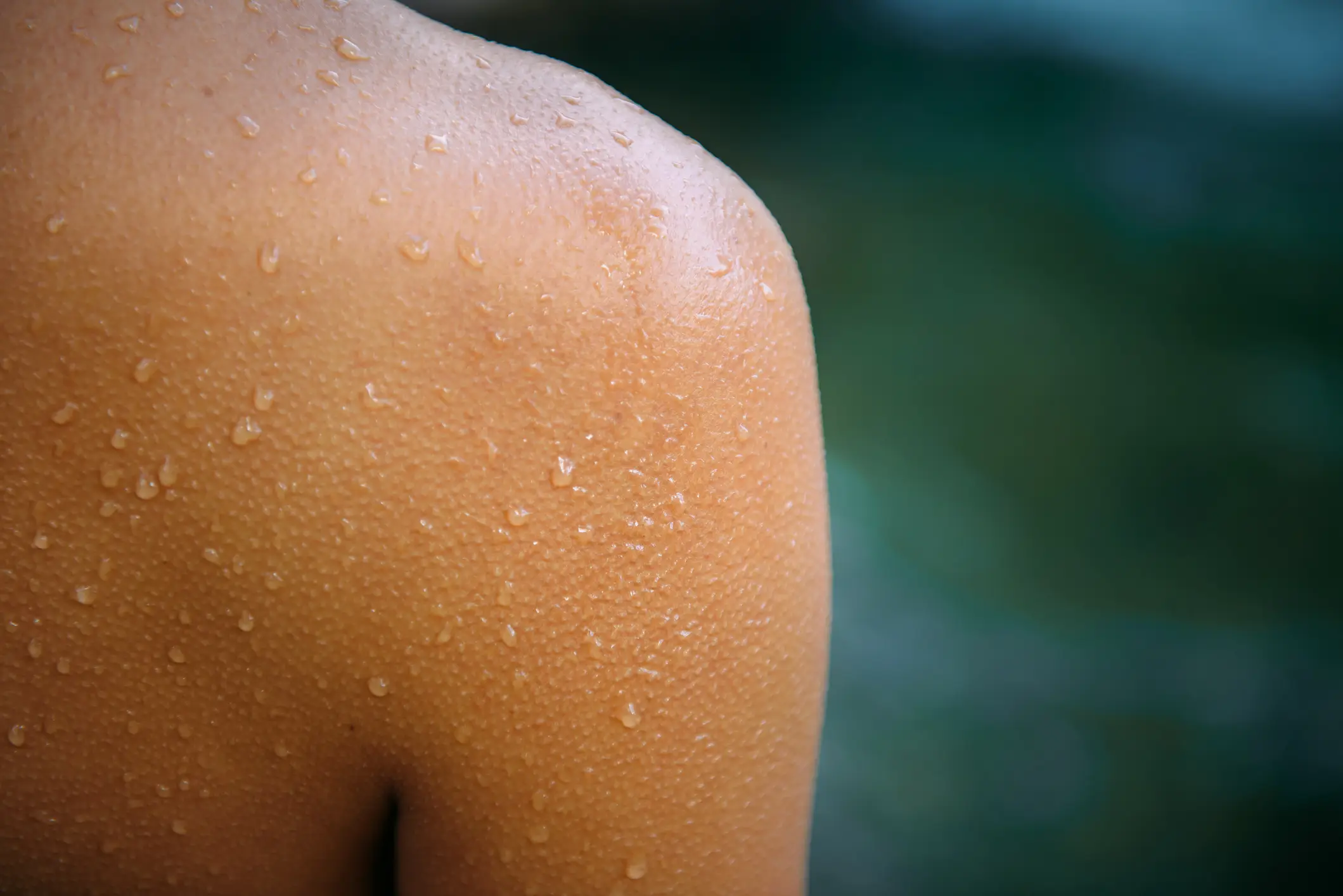
It seems like, at long last, the sun is back again with temperature set to soar in the next coming days.
According to forecasters, the UK could see its hottest day of the year so far with a possible heatwave on the cards over the next few days.
Yellow heat health warnings have been issued by the UK Health Security Agency for all of England apart from the North East and North West until Wednesday (31 July).
While the Met Office has shared that the capital city could enjoy highs of 32C by Tuesday (30 July).
Advert

Met Office forecaster Simon Partridge said: "There is certainly potential that it could become an actual official heatwave, because in the spells you've had before it hasn't actually met all the criteria.
"If there's not, it's very close to it, and if you're out and about and a member of the public then it's going to feel like a heatwave anyway, because also overnight things are going to turn a little bit more humid and muggy day-on-day as well."
However, while many Brits will be rushing to the beer gardens and dusting off their BBQ, a health warning has been issued to anyone taking a very common medication.
Doctors have urged those on medication for certain mental health conditions to take extra care when stepping into the sun.

Which medication can be affected?
According to representatives of the Royal College of Psychiatrists - as reported by the BBC - some of these treatments, specifically sertraline (Zoloft) and TCAs such as amitriptyline (Elavil), can affect the body's ability to regulate its temperature, which could lead to dehydration.
These medicines have been found to trigger excessive sweating, but it can also make patients unable to register their level of thirst.
On top of this, antidepressants and antipsychotics have also been found to make their recipient's skin significantly more sensitive to sunlight, making them susceptible to burning.
And being that - according to NHS research gathered last year last year - around 8.3 million adults in England alone have been prescribed with antidepressants - it's no surprise that, this week in particular, medics are warning patients about the weather-related risks.
Advice from doctors:
When it comes to how the NHS says that recipients of these types of medication should act going forward, they first and foremost emphasise that those on antidepressants and antipsychotics should not be tempted to avoid taking them.
That's because there are actually a number of ways that sufferers of these common mental illness' can take matters into their own hands, by:
- Using higher factor sunscreen when outdoors, or avoiding sunlight altogether
- Keeping their body temperature as low as possible, for example, by drinking lots of cold water
- Keeping curtains and windows closed at home to retain a cold atmosphere
- Wearing loose, light-coloured clothing made out of natural materials, including linen and cotton - as well as a hat when outdoors
- Avoiding strenuous physical activity
- Avoiding alcohol, which can contribute to increased body temperature
- Taking cool baths or showers
- Consulting with their doctors if they're considering coming off medication.
If you're experiencing distressing thoughts and feelings, the Campaign Against Living Miserably (CALM) is there to support you. They're open from 5pm–midnight, 365 days a year. Their national number is 0800 58 58 58 and they also have a webchat service if you're not comfortable talking on the phone.
Topics: Advice, Health, Mental Health, NHS, Weather